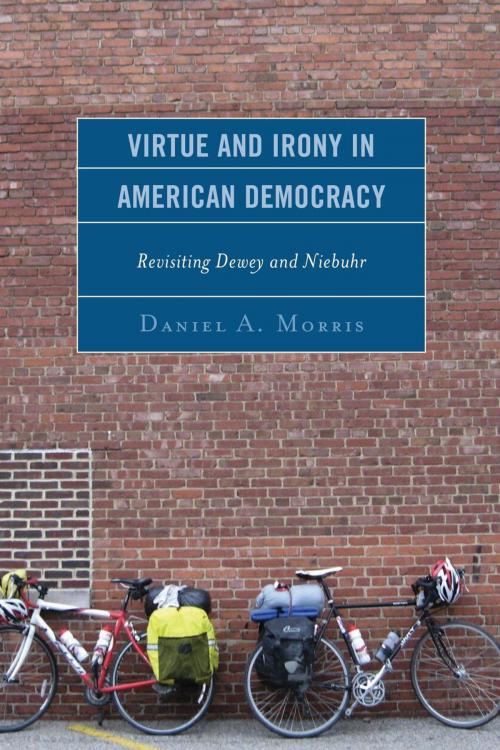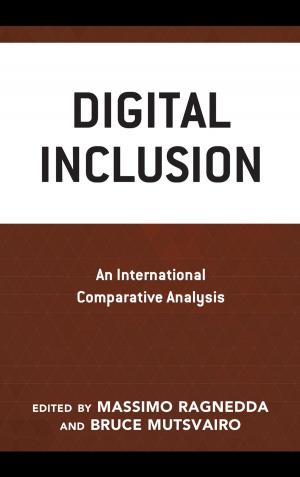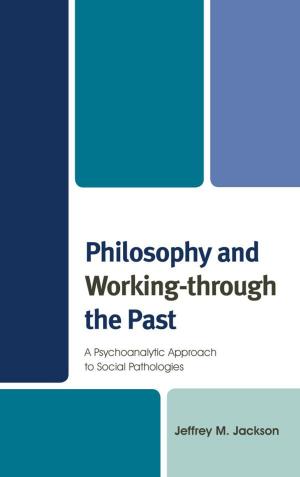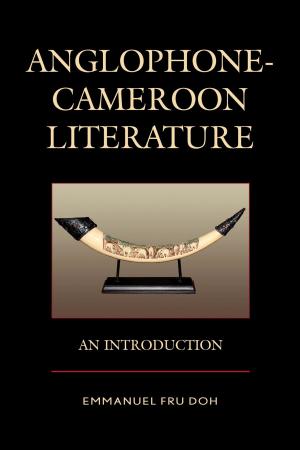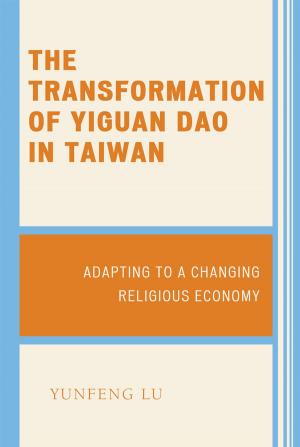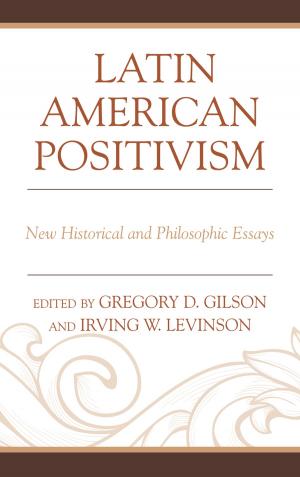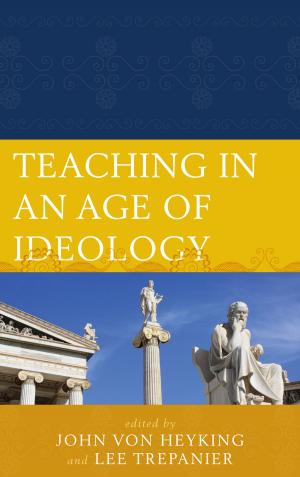Virtue and Irony in American Democracy
Revisiting Dewey and Niebuhr
Nonfiction, Religion & Spirituality, Theology, Ethics, Philosophy, Political| Author: | Daniel A. Morris | ISBN: | 9781498500753 |
| Publisher: | Lexington Books | Publication: | July 1, 2015 |
| Imprint: | Lexington Books | Language: | English |
| Author: | Daniel A. Morris |
| ISBN: | 9781498500753 |
| Publisher: | Lexington Books |
| Publication: | July 1, 2015 |
| Imprint: | Lexington Books |
| Language: | English |
What virtues are necessary for democracy to succeed? This book turns to John Dewey and Reinhold Niebuhr, two of America’s most influential theorists of democracy, to answer this question. Dewey and Niebuhr both implied—although for very different reasons—that humility and mutuality are important virtues for the success of people rule. Not only do these virtues allow people to participate well in their own governance, they also equip us to meet challenges to democracy generated by free-market economic policy and practices. Ironically, though, Dewey and Niebuhr quarreled with each other for twenty years and missed the opportunity to achieve political consensus. In their discourse with each other they failed to become “one out of many,” a task that is distilled in the democratic rallying cry “e pluribus unum.” This failure itself reflects a deficiency in democratic virtue. Thus, exploring the Dewey/Niebuhr debate with attention to their discursive failures reveals the importance of a third virtue: democratic tolerance. If democracy is to succeed, we must cultivate a deeper hospitality toward difference than Dewey and Niebuhr were able to extend to each other.
What virtues are necessary for democracy to succeed? This book turns to John Dewey and Reinhold Niebuhr, two of America’s most influential theorists of democracy, to answer this question. Dewey and Niebuhr both implied—although for very different reasons—that humility and mutuality are important virtues for the success of people rule. Not only do these virtues allow people to participate well in their own governance, they also equip us to meet challenges to democracy generated by free-market economic policy and practices. Ironically, though, Dewey and Niebuhr quarreled with each other for twenty years and missed the opportunity to achieve political consensus. In their discourse with each other they failed to become “one out of many,” a task that is distilled in the democratic rallying cry “e pluribus unum.” This failure itself reflects a deficiency in democratic virtue. Thus, exploring the Dewey/Niebuhr debate with attention to their discursive failures reveals the importance of a third virtue: democratic tolerance. If democracy is to succeed, we must cultivate a deeper hospitality toward difference than Dewey and Niebuhr were able to extend to each other.
